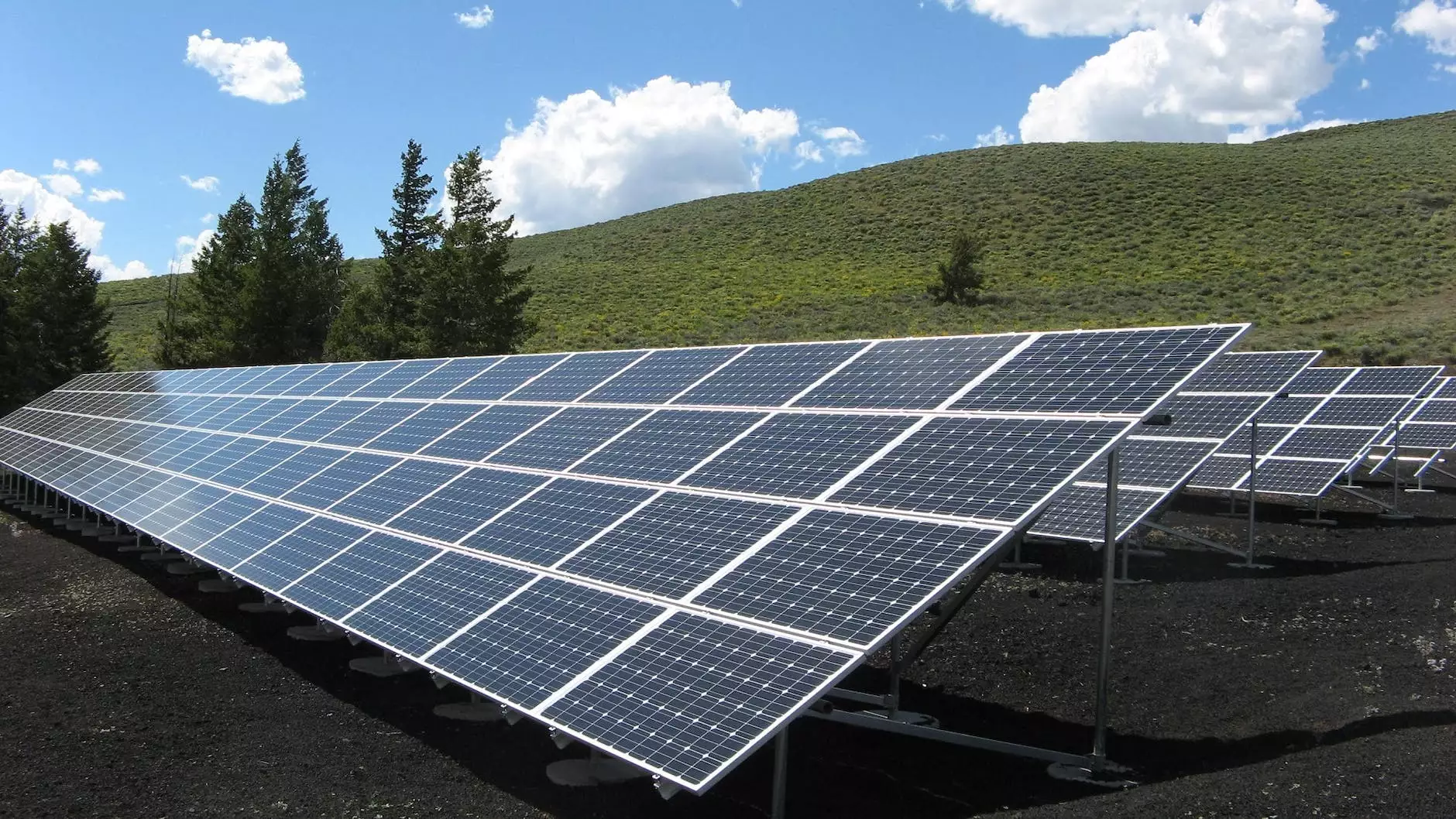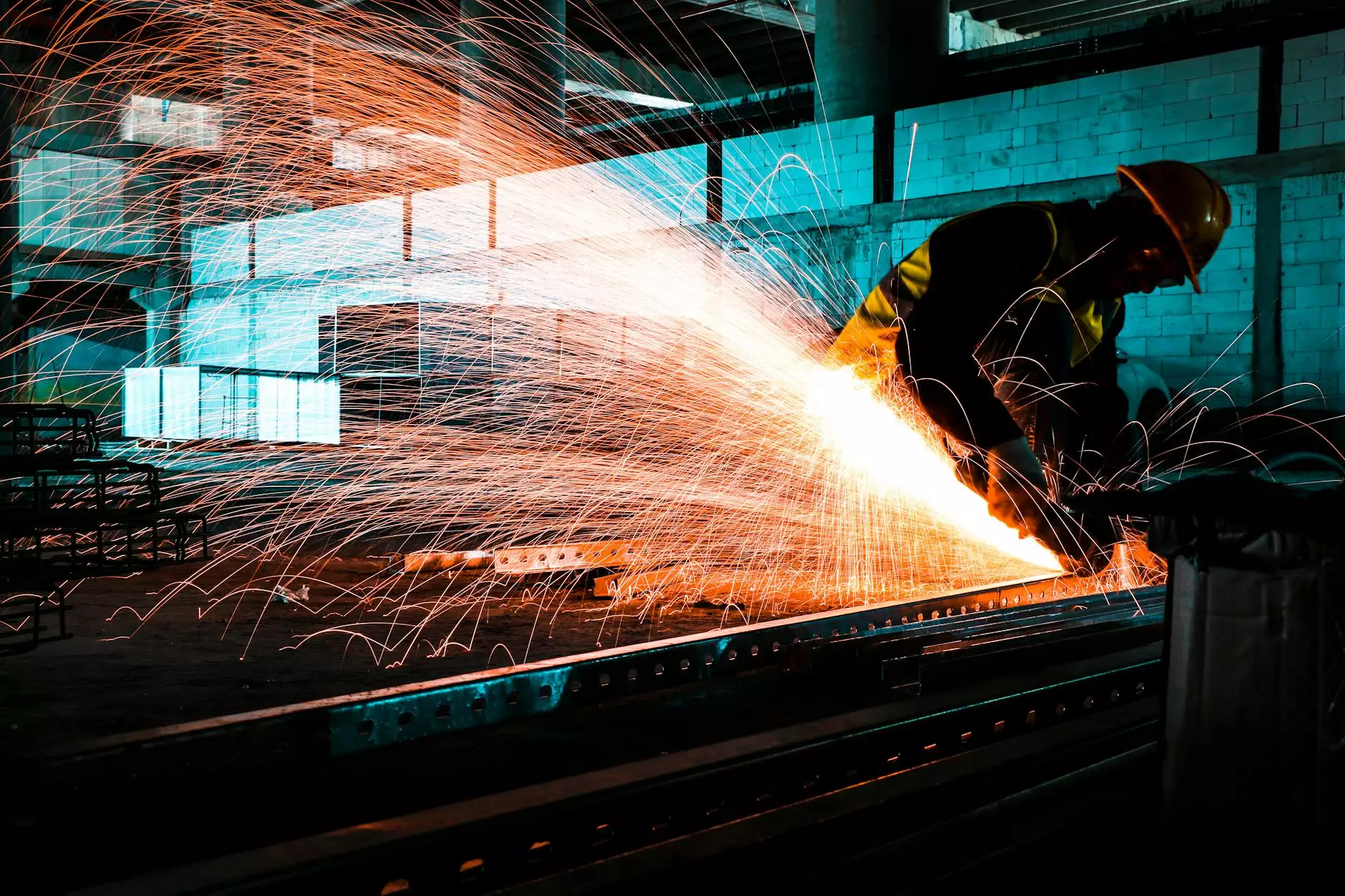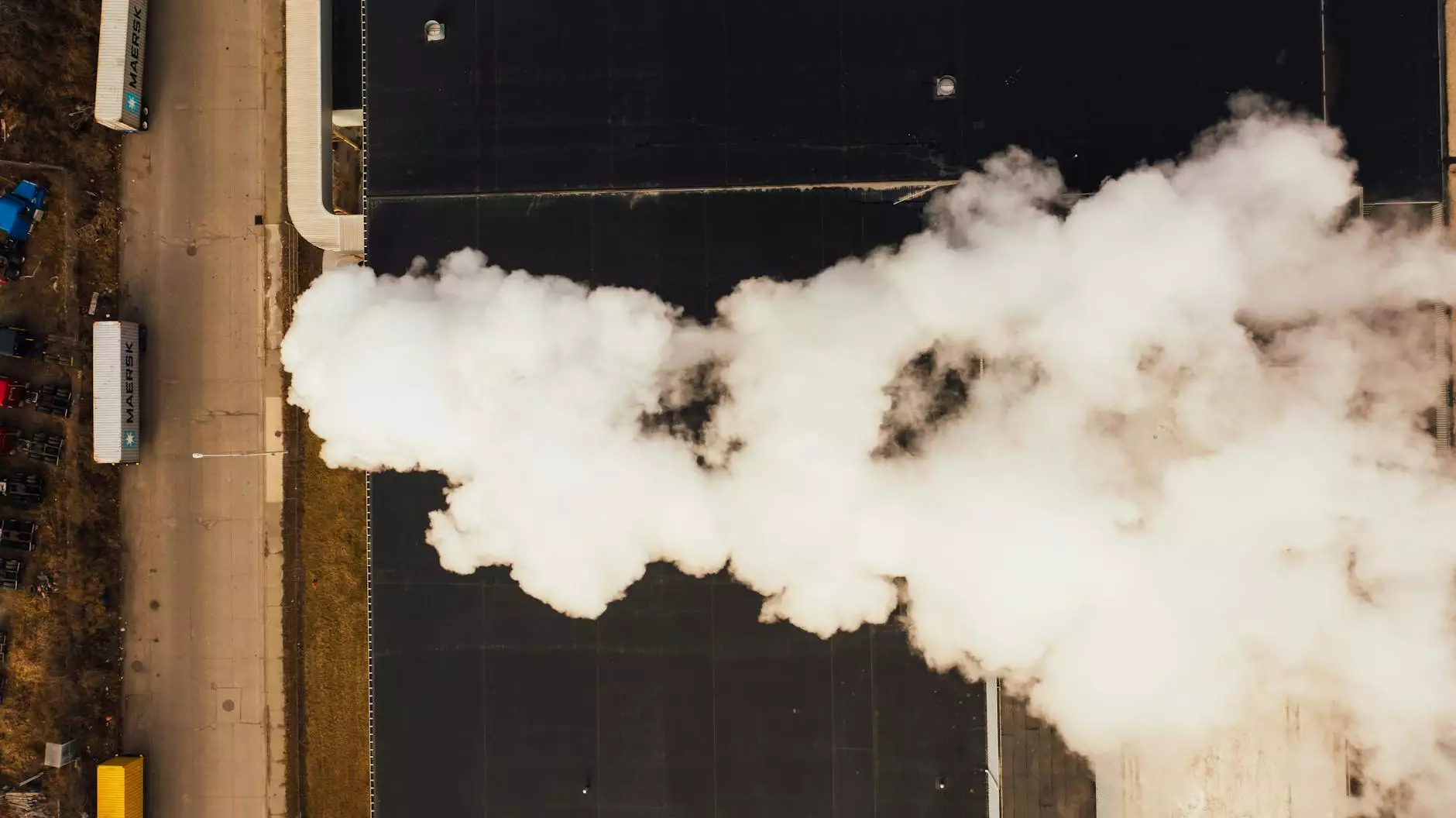Is Artificial Grass Good for the Environment?

Introduction
As concerns about environmental sustainability grow, many people are seeking alternatives to natural grass for their outdoor spaces. Artificial grass has gained popularity as an eco-friendly and low-maintenance solution. In this article, we will explore the various environmental benefits of artificial grass and its positive impact on the world.
Reduced Water Consumption
One of the most significant benefits of artificial grass is its ability to conserve water. Natural grass requires regular watering to maintain its lush appearance, especially in drier climates. This constant need for irrigation contributes to water scarcity issues and puts a strain on local water resources. In contrast, artificial grass eliminates the need for watering, saving thousands of gallons of water each year.
Reduced Chemical Usage
Traditional lawn care often involves the use of pesticides, herbicides, and fertilizers to control weeds and maintain the grass's health. However, these chemicals can have detrimental effects on the environment, contaminating soil, water bodies, and even posing risks to human health. Artificial grass eliminates the need for these harmful chemicals, protecting both the ecosystem and those who enjoy the outdoor space.
Decreased Energy Consumption
Maintaining a natural grass lawn requires constant mowing, which consumes energy and contributes to carbon emissions. However, artificial grass requires minimal upkeep, reducing the need for lawnmowers and their associated energy consumption. By opting for artificial grass, you not only save time and effort but also contribute to reducing greenhouse gas emissions.
Elimination of Carbon Footprint
Artificial grass has a longer lifespan compared to natural grass, which requires regular reseeding or replanting. This longevity leads to a significant reduction in carbon emissions associated with lawn maintenance, transportation of grass seeds, and the use of heavy machinery. By opting for artificial turf, you make a conscious choice in favor of sustainability and a healthier planet.
Improved Air Quality
Mowing natural grass releases pollutants into the atmosphere, contributing to air pollution and respiratory issues. Artificial grass eliminates this need for regular mowing, helping to improve air quality in your surroundings. It allows you to enjoy a beautiful outdoor space without the harmful emissions typically associated with lawn maintenance.
Preservation of Natural Resources
Artificial grass does not require chemical fertilizers or irrigation, reducing the demand for natural resources such as water and petroleum-based products. By embracing synthetic turf, you contribute to the preservation of these precious resources and help create a more sustainable future.
Conclusion
Considering the numerous environmental benefits of artificial grass, it is clear that it is a positive choice for our planet. Its ability to conserve water, decrease chemical usage, and reduce energy consumption make it an eco-friendly alternative to traditional grass lawns. By opting for artificial grass, we can contribute to a greener world while still enjoying beautiful outdoor spaces. Explore the best artificial grass deals at BestArtificialGrassDeals.com and join the movement towards a more sustainable future.
is artificial grass good for the environment








